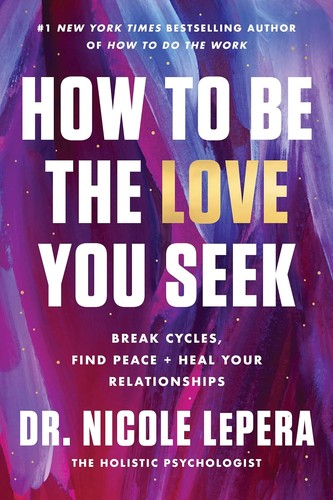Leth reviewed The case method of studying law by Landman, Jacob Henry.
TFW We're Still Doing the Case Method 100 Years Later
4 stars
I read this short book in a day after seeing it on the SU Law Library shelf. I've been really into sociological jurisprudence of the early 20th century lately, so I've been glossing over a bunch of old legal scholarship. I was actually expecting to not care for this based on the name, but it is a CRITIQUE of the Case Method, AND one based in sociological jurisprudence!! What a surprise!
The description of how and why the Case Method developed was interesting and useful. It was an outgrowth of a movement in the 1800s to apply scientific reasoning to cases... and then it fucked it up because the law is not science. It substituted the reading of cases for teaching people to understand law as a dispute resolution process built entirely on precedential decisions rather than a system that responds to facts and comes to outcomes that may or …
I read this short book in a day after seeing it on the SU Law Library shelf. I've been really into sociological jurisprudence of the early 20th century lately, so I've been glossing over a bunch of old legal scholarship. I was actually expecting to not care for this based on the name, but it is a CRITIQUE of the Case Method, AND one based in sociological jurisprudence!! What a surprise!
The description of how and why the Case Method developed was interesting and useful. It was an outgrowth of a movement in the 1800s to apply scientific reasoning to cases... and then it fucked it up because the law is not science. It substituted the reading of cases for teaching people to understand law as a dispute resolution process built entirely on precedential decisions rather than a system that responds to facts and comes to outcomes that may or may not be in line with prior decisions. In other words, it leads directly to the world we live in now where the Supreme Court can just say "all homeless people deserve to die" and lower court judges feel obliged to use that holding in all of their cases regardless of the specifics of their cases.
More particularly, the book goes pretty deep on the differences between inductive and deductive reasoning in the law in a way I found neat. The Case Method tells us that it is scientific, but it only claims to use inductive reasoning. Scientific reasoning, when done correctly, uses both inductive AND deductive reasoning. In practice, the Case Method is basically only deductive reasoning from case opinions with statements of facts literally designed to suggest the outcome of the case as the jurist wanted it. Imagine if we just continued saying the Sun revolves around the Earth because other people said it and we only used their articulations of the facts to justify it.
Instead, the book suggests the Problem Method. He would give the student some facts and a list of readings and have them come to class prepared to discuss their thought process of how to resolve the case. As basic as this sounds, this is SO FAR REMOVED from what happens in law school, where we still primarily use the Case Method almost 100 years later.
Certainly, not all of the book is great. One of the examples of the problem method is rape for no reason. It gets some details wrong in places, like saying Johns Hopkins had a law school. (They still do not.) The descriptions of the reasoning also would have benefitted from modern typographical/visualization techniques.
But, on the whole, this was a fresh perspective to me. Would things be different if we taught law students to study the law by actually teaching them to research the law and come to their own conclusions? Would things be better?



















